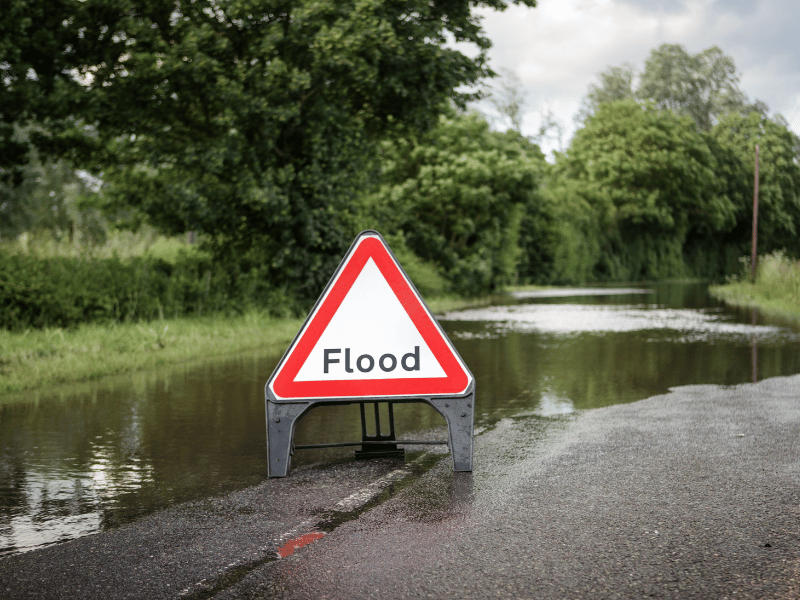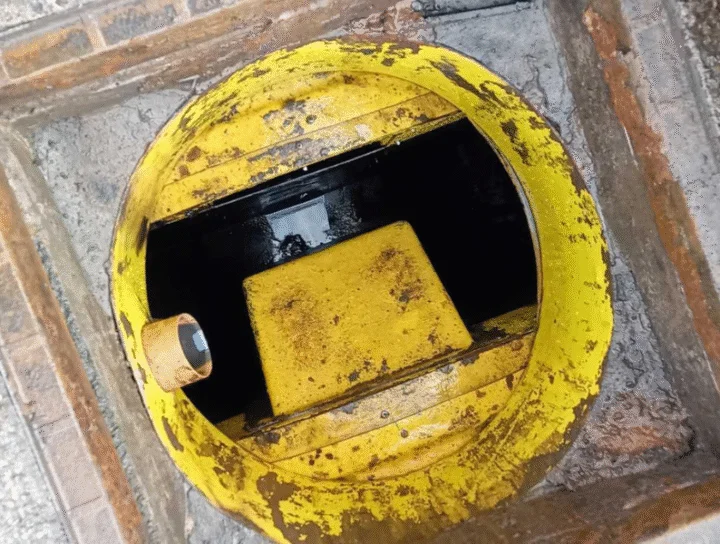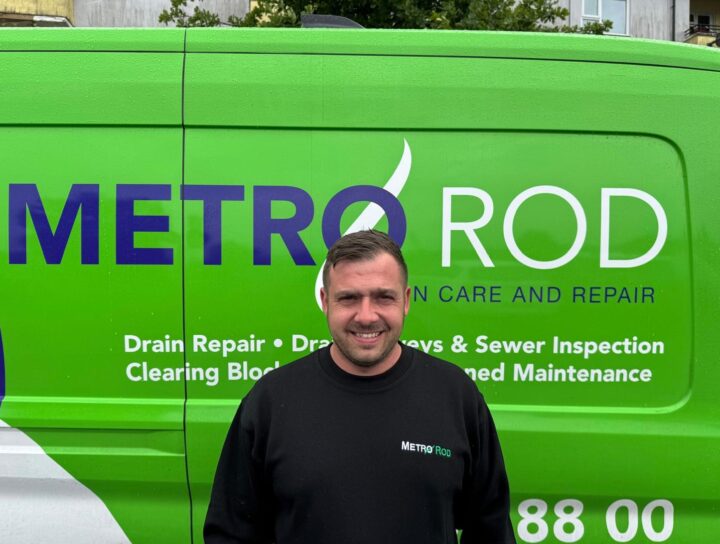What are the Most Common Flooding Causes?
Flooding can be caused by a variety of factors. Some of the most common causes in the UK include excessive rainfall, melting snow, dam failures, coastal surges and improper land use. It’s important to note that many of these causes are impacted by climate change and human activity, leading to more frequent and intense flooding events in some regions.
Here we look at some common flooding causes and the measures you can take to avoid damage to your home or business.
What Causes Flooding?
Physical factors cause flooding as a result of a natural change such as impermeable ground, steep slopes, a high drainage density and sparse vegetation.
Severe Weather
One of the most common causes of floods is prolonged rain, as it saturates the ground until the soil can no longer store it, leading to surface runoff. Rain can also enter rivers more quickly which means high discharge levels and floods.
Here in the UK, we can also get flash floods which are often associated with extreme rainfall in summer months. An intense amount of rainfall in a short spell exceeds the capacity of rivers which leads to floods. In the winter when it snows and then melts, this leads to extra water infiltrating the ground surface.
Urbanisation
Urbanisation is the rise in the proportion of people moving from rural areas to towns and cities. This leads to an increase of impermeable surfaces such as concrete or tiles which can stop infiltration and cause surface water flooding. If vegetation is removed in the process, surface runoff can occur.
Floodplain Drainage
Areas that are flat and fertile (desirable for agriculture) can be prone to flooding. In the process of draining and making the land lower, the land becomes prone to floods and of course, wetland habitats are devastated.
How to Take Flood Precautions
A recent study by the Red Cross revealed that more than two-thirds (70%) of UK adults admitted that nobody in their household has taken steps to prepare for a major emergency, like flooding.
While it’s not always possible to avoid the elements, you can take the necessary flood precautions to protect your home or business from flooding. You do not need to live or work near a watercourse to consider such safety measures, as flooding could occur on your premises due to a bust pipe or blocked gutters which could result in costly damage.
Blocked Gutters, Drains and Gullies
Mud, twigs and leaves can cause havoc for drains if they’re not cleaned away regularly. A build-up of such debris in the pipes can result in a blockage, which means water is unable to drain away. High-pressure water jetting can be used to flush out the system, breaking down any build-up to clear the blockage.
Similarly, surface water flooding on roads and car parks can seep through drain gullies which are connected to underground drains for your home or business. If not maintained regularly, silt, oil or grease could build up and prevent surface water from draining away.
Drain Maps
One vital flood management tool is knowing how your drains are laid out. Do you know where fresh water comes in and wastewater leaves your business? You may need to locate problems quickly should a flood occur – and crucially, know how to access it.
If you work on a commercial site, drain mapping is part of site compliance. Consider this option if you want to be fully prepared in a flood situation.
What to do if Your Premises Suffer a Flood
However a flood is caused, it can leave a trail of destruction. At Metro Rod, our experts can help you reduce disruption from unexpected flooding. Our flood water extraction experts use specialist tankers to remove any standing, foul-smelling water quickly and efficiently.
We offer 24/7 support, 365 days a year, wherever you may be in the country. Contact your local Metro Rod team to discuss a flood management plan today.

Talk to your local Metro Rod specialist
We are always happy to arrange a free site assessment and no obligation quotations for any work you might need. Alternatively, you can call our emergency hotline number on 0800 66 88 00
Get in touch Drainage Services


